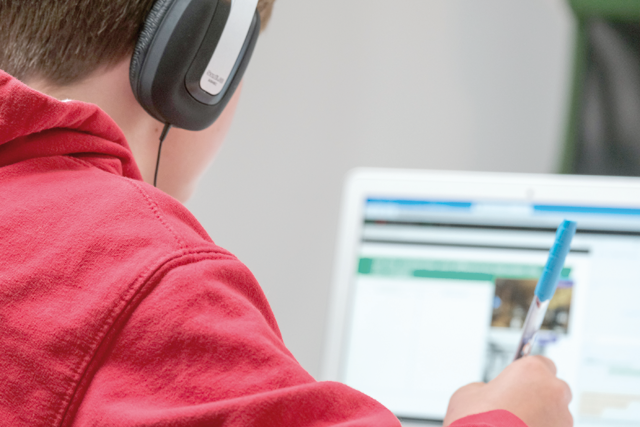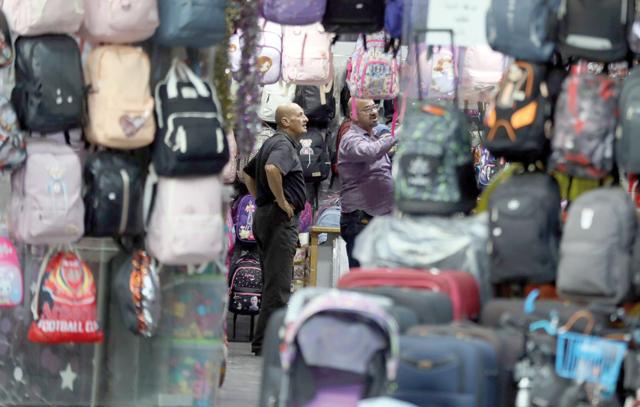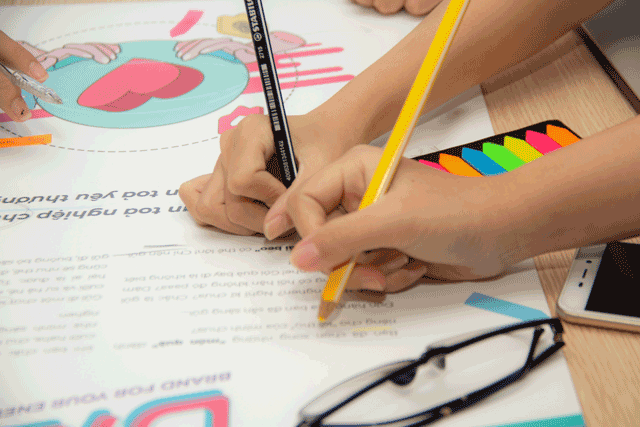You are here
Education Ministry shortens school holidays due to pandemic setbacks
By Rayya Al Muheisen - Jun 20,2023 - Last updated at Jun 20,2023

Representative image (Photo courtesy of unsplash/Compare Fibre)
AMMAN — Educational gaps are one of the devastating consequences of the COVID-19 pandemic, with experts highlighting the disproportionate impact the crisis had on low- and middle-income students.
Lina Masaeed, a mathematics teacher at a public school in the Badia region, told The Jordan Times that her students continue to suffer from educational setbacks due to their prolonged absence during the pandemic.
“Low-income students often face numerous challenges that contribute to educational gaps, primarily stemming from limited access to resources,” Masaeed said.
Affording essential educational materials such as textbooks, telephones, laptops and Internet access proves to be a significant obstacle for low-income families, she noted.
“This lack of resources hinders their ability to fully engage in learning and keep up with their peers,” Masaeed emphasised. However, she noted that with adequate parental involvement, many of these students can thrive.
Masaeed shared the example of her top seventh-grade student, a Syrian refugee who lacked both Internet access and a device. Nonetheless, the student resourcefully borrowed their neighbour’s phone to complete their homework and communicate with teachers in the evenings.
Sociologist Hussein Khuzai agreed with Masaeed’s observations.
Khuzai told The Jordan Times that socioeconomic stressors, such as financial instability and housing insecurity, significantly impact students’ focus on education.
“These stressors create additional burdens and distractions that negatively affect academic performance,” Khuzai said.
Limited parental involvement also poses a significant challenge for low-income students, he added.
“Long working hours, multiple jobs, or limited education faced by low-income parents are some of the major obstacles,” Khuzai said.
Khuzai emphasised that parental involvement is crucial for supporting academic success and bridging educational gaps.
Minister of Education and Minister of Higher Education Azmi Mahafzah highlighted the detrimental impact of the absence of face-to-face education during the COVID-19 pandemic on students’ educational levels.
“Experts estimate that significant time and effort will be required to address and compensate for the educational gap, exceeding 10 years,” Mahafzah said, as reported by Al Mamlaka TV.
Mahafzah also acknowledged that private schools do not encounter the same challenges as public schools, as they have their own distinct curricula and teaching methods.
Last week, the Ministry of Education announced the academic calendar for the upcoming school year, encompassing government schools, military schools and schools under the United Nations Relief and Works Agency for Palestine Refugees.
This calendar follows the national plan for a remedial programme that aims to address educational gaps among students through a reduction in the summer and winter holidays, Al Mamlaka reported. The academic year will be extended two weeks in both the first and second semesters, the report added.
Related Articles
AMMAN — Stationery, transportation and uniform costs add to parents’ financial burdens at the beginning of every academic year.Student fees
AMMAN — As the new academic year approaches, students are preparing to return to their schools, while the commercial sector is anticipating
AMMAN — The Hayat Educational Fund on Saturday announced that it will offer a full university scholarship to student Saleh Hamdan, who was t
















